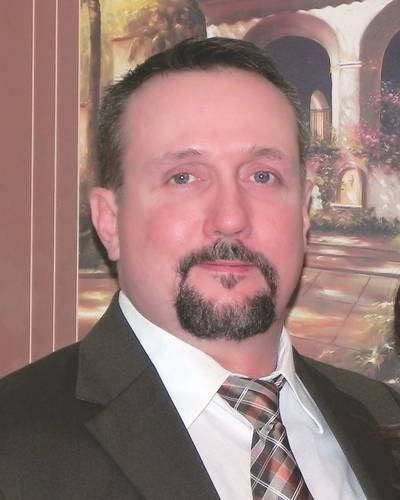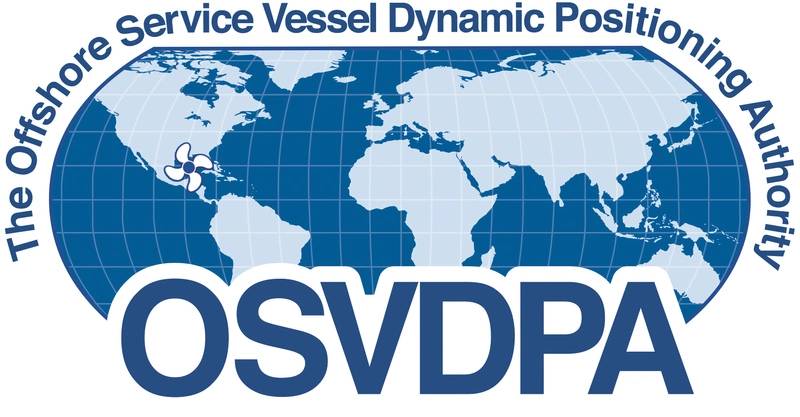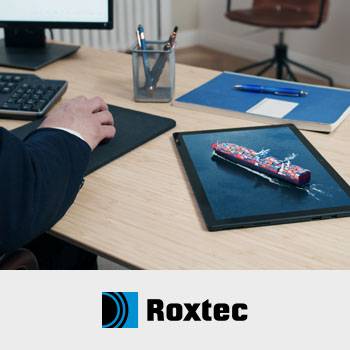OP/ED: Mariner Credentialing Evolves – for the Better
As the Offshore Service Vessel Dynamic Positioning Authority’s new dynamic positioning operator (DPO) certification body evolves, its pathway to training and certification gives mariners options, and a seat at the table.
The other day I was thinking about what makes me a captain. What I came up with as the relevant points were the ability to handle the vessel and read the environmental conditions, leadership abilities, risk detection and mitigation, managing peers, and mentoring my crew. In short, what makes me a captain is a culmination of all of the skills I’ve learned during 25 years on the water.
Unfortunately, in today’s world of quality assurance and paperwork, some groups seem to discount all of these abilities if I don’t have the documents to prove what I hold. As such, I – like almost every mariner I know – carry a zip-up three-ring binder that contains all of my licenses, certificates, credentials, and logbooks. To some, this binder and its contents are more of what makes me a mariner than the skills I personally possess.
While I don’t agree that any piece of paper makes me a mariner, I do know that these documents are what allow me to get paid. For this reason, I am very protective of them and I do everything I can to make sure that my logbooks, and other mariner documents do not leave my possession.
I have good reason to be concerned. When I sent my logbook in to the Nautical Institute for review during an attempt to revalidate my DPO certificate, I didn’t get my logbook back for eight months. This delay not only put my career in mariner purgatory for eight months, it also – due to Nautical Institute rules prohibiting the recording of sea time while they hold your logbook – prevented me from using any of the sea time I accrued during that time towards my next revalidation.
Also, the Nautical Institute informed me that they had made change to documenting requirements for sea time, just before I applied. Thus, even though my time was recorded in the same way as everyone on my boat, exactly how I had been told to record it, and was not disputed by the Nautical Institute, it was no longer in their preferred format, and therefore was not counted. That discrepancy meant that three years of the experience contained in that three-ring binder essentially didn’t happen.
With this history, I was intrigued about the Offshore Service Vessel Dynamic Positioning Authority (OSVDPA) when they opened their doors. I heard that the OSVDPA was created with heavy input from actively sailing mariners. As a result, the OSVDPA claimed to have removed some of the headaches of applying for a DPO certificate and also ensured that the OSVDPA was always available to answer questions from mariners. For this reason, I applied for an OSVDPA DPO Certificate even though I still had a few years until my Nautical Institute certificate expired.
Like the Nautical Institute, the OSVDPA wanted to review a physical copy of my logbook. I told them that I was unwilling to give up original copies of those documents that ‘make’ me a captain. The OSVDPA said they understood and instead of requiring me to mail my logbook in, they offered to meet me somewhere to conduct the review. That understanding and common sense really impressed me and since then I have not only earned my DPO certificate with the OSVDPA, I have also been approved to conduct their onboard assessments.
Additionally, the OSVDPA has a membership program. This program is completely separate from their DPO certification, but it allows the OSVDPA to deliver information about trends in DP incidents, new utilization techniques, or changes in to OSVDPA program to everyday mariners. The membership program also allows everyday mariners to provide feedback to the OSVDPA. Said another way, membership in the OSVDPA allows mariners to have a voice in what the OSVDPA requires and how the OSVDPA program works.
Membership provides two primary ways for mariners to provide feedback to the OSVDPA. First, the OSVDPA Board of Directors conducts an annual conference call with members. This call is an opportunity for mariners to discuss with the decision-makers what within the OSVDPA system is working and what can be improved upon. This year, the call lasted more than two hours, with the Board members taking a genuine interest in our thoughts.
One of the issues I brought up on this year’s call was the issue of logbook review. I spoke of my experience and asked why the OSVDPA needed to physically review my logbook. The OSVDPA staff said there was a concern about forgeries made to electronic copies. The Board saw that ensuring authentic copies was a necessity but also agreed that an alternative means could be found. I asked if a notarized copy of a logbook would suffice. The Board liked the idea and directed the OSVDPA staff to determine if this idea could work in practice.
The second way members can provide input into the OSVDPA is the Technical Advisory Council (TAC) elections. OSVDPA members participate in an annual election whereby they pick one of their own to sit on the OSVDPA Technical Advisory Council. This year, I won the election and have represented my fellow mariners on the body that sets and reviews OSVDPA policies and requirements.
In this position, the TAC and OSVDPA staff took my suggestions to heart and formulated a specific process for how the OSVDPA would accept a notarized copy of a logbook instead of requiring mariners to send in their original logbook.
This means that DPOs don’t need to risk having their logbook lost in transit, or having a clerical error cause their logbook to get held for weeks, months, or even years at a time. Of course, this change isn’t the biggest or most important change in DPO certification. However, it is proof that the OSVDPA is actively seeking out mariner’s opinions, and when mariners provide their opinion the OSVDPA listens and does what it can to address the concerns.
OSVDPA understands that what I keep in that three-ring binder is not what makes me a DPO. They appreciate that seamanship, risk management, and mentoring are what make me a good DPO. This allows me to keep my mind focused on really being a mariner, not keeping track of the documents in my binder. I appreciate their ability to listen to mariners and value what we do on a daily basis.
Capt. Steven Mason is a certified dynamic positioning operator (DPO) and currently holds an OSVDPA Class A DPO Certificate, Nautical Institute Unlimited DPO Certificate, and is also an OSVDPA Qualified on Board Assessor (QOBA). Capt. Mason is a Master Mariner and has 23-year experience working on both Foreign and Domestic waters and he has always been advocate for his fellow mariner. This year, he was elected by his peers to serve as the member representative to the OSVDPA Technical Advisory Council. The opinions in this article are his alone and may not reflect the positions of New Wave Media.
This OP/ED first appeared in the October print edition of MarineNews magainze.















